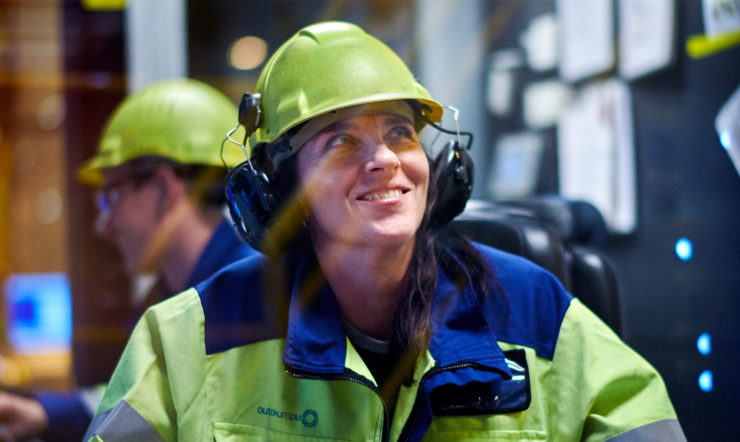Technology is disrupting every industry, but perhaps none so fundamentally as retail and consumer packaged goods (CPG). The unstoppable rise of online shopping over the past two decades has totally transformed the retail landscape. Some retailers have emerged, others disappeared, while others still have adapted to remould themselves in an exceptionally competitive landscape.
The key to survival has been operational excellence. But it is now becoming clear that the future of retail and CPG is going to be defined by another issue too: sustainability. Fashion alone is responsible for 4% of global greenhouse emissions worldwide, while the proliferation of delivery services during the COVID-19 pandemic has further increased motivation to transform the sector’s environmental impact.
It is a huge challenge, and one that affects all parts of the supply chain. But with the right technology, it is one that all retail and CPG businesses can rise to.

The greatest opportunity for retail and CPG
Retail trends are driven by many factors – trade agreements, geography, climate, popular culture – but consumer demand is perhaps the most significant. And the pandemic has shown that consumers are increasingly influenced by the environmental, social and governance (ESG) agenda.
This represents an opportunity for retailers, as many have realized. Sustainable products are growing in their strategic importance and C-Suite roles in retail and CPG are increasingly focused on how sustainability trends can become a key driver of profitable growth in the coming years.
Sustainability-marketed products represent an opportunity to increase revenue by catering to consumers’ ESG-related criteria, which are now more significant than ever. The key question is how to harness digital technology to support this move towards a more sustainably-minded retail and CPG sector in the future.
The sustainable transformation model
The Sustainable Transformation Model has been developed by Microsoft to provide a framework to support businesses in their efforts to create a better tomorrow.
It provides industry-specific guidance on how to take the next step forward, detailing what to consider now, next and beyond across 3 pillars of the sustainable business model: sustainable platform, sustainable collaboration and sustainable ecosystem.
Discover a more sustainable way of working for retail and CPG. Download the Sustainable Transformation Model today:





















